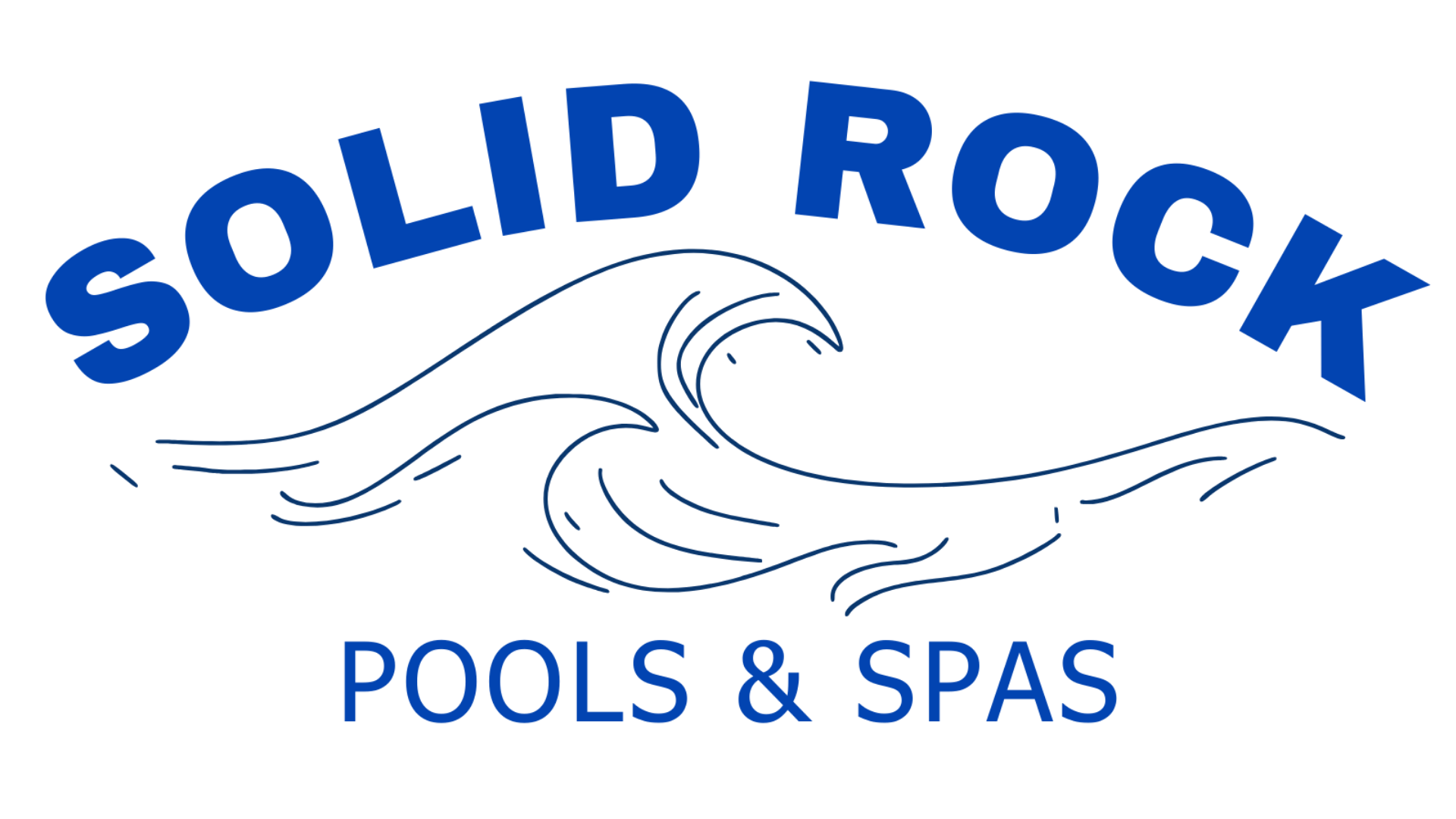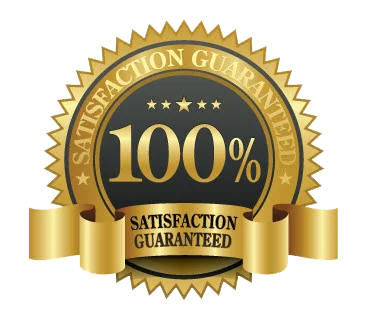BLOG AND UPDATE

Best Practices for Regular Pool Maintenance Checks
Owning a pool is like having a personal oasis in your backyard, but without the right care, that dream can quickly turn into a headache. Cloudy water, algae buildup, and costly equipment repairs are some of the most common problems homeowners face when pool maintenance slips through the cracks. The good news? With a few simple but consistent checks, you can keep your pool sparkling, safe, and stress-free all season long. To keep your pool in top shape, you'll want to follow these seven best practices for regular maintenance checks. Start by testing the water chemistry to ensure pH and chlorine levels are balanced, protecting both swimmers and the pool itself. You'll also need to clean the surfaces by brushing, skimming, and vacuuming regularly to prevent algae and debris buildup. Don't forget to inspect your pool equipment for any signs of wear or malfunction, and manage the water levels to keep the filtration system running efficiently.
Scheduling professional inspections can also catch potential issues before they turn into costly repairs. By sticking to these practices, you'll maintain a safe and inviting pool environment, with even more insights waiting to help you master pool care.
Key Takeaways
Test water chemistry 2–3 times a week to maintain safe pH and chlorine levels.
Brush, skim, and vacuum regularly to prevent algae and debris buildup.
Inspect pool equipment (pump, filter, heater, timer) for signs of wear.
Maintain proper water levels at the skimmer midpoint for optimal filtration.
Schedule professional inspections annually to catch issues early.

Testing Water Chemistry
Testing your pool's water chemistry regularly is key to maintaining a healthy and balanced swimming environment. By keeping an eye on pH levels, you're ensuring that the water remains comfortable for swimmers and protective of pool equipment. The ideal pH range, between 7.4 to 7.6, prevents irritation and corrosion.
You've also got to watch chlorine levels closely. This sanitizer keeps your pool free from harmful bacteria and algae, but it needs to be within the recommended range to be effective without being irritating.
Don't forget about calcium hardness. It's crucial for protecting your pool surfaces and equipment. If calcium levels are too low, your pool could start eroding. Too high, and you might find scale formation on the pool's surfaces and in the pipes. This balance helps prolong the life of your pool and ensures the water looks crystal clear.
Cleaning Pool Surfaces
To keep your pool's water sparkling and inviting, regularly brush the walls and floor to ward off algae and debris buildup. This simple step is crucial for maintaining a clear and hygienic swimming environment. By using a sturdy pool brush, you'll remove potential algae growth and prevent the accumulation of debris that can cloud your water and stain surfaces.
Don't forget to skim the surface of your pool daily. Using a long-handled net, you can easily capture leaves, insects, and other floating debris. This daily habit not only keeps your pool looking pristine but also reduces the amount of material that can sink to the bottom, making your vacuuming efforts more effective.
Speaking of vacuuming, make it a part of your routine to vacuum the pool bottom and corners at least once a week. A pool vacuum can efficiently remove dirt, debris, and even algae that brushing and skimming might miss. Regular vacuuming helps maintain water clarity and extends the life of your filtration system by reducing its workload.
Adhering to these cleaning practices not only ensures your pool remains a welcoming oasis but also minimizes your chemical usage and keeps your equipment running smoothly.
Regular maintenance is important—but having the right pool design makes it even easier. At Solid Rock Pools & Spas, we create custom pools built with efficiency and low-maintenance care in mind. Whether you want the natural beauty of a freeform pool, the modern elegance of a geometric pool, the luxury of an infinity pool, or the convenience of a compact plunge pool, we’ve got you covered.
Inspecting Pool Equipment
After ensuring your pool's surfaces are clean, it's equally important to inspect the equipment keeping everything running smoothly. You'll want to start by checking the pool pump regularly. Listen for any unusual noises, check for leaks, or notice if there's a reduced water flow that could signal potential issues. These signs can help you catch and address problems before they escalate, saving you time and money in the long run.
Next, take a good look at the pool filter. Debris buildup or damage can severely impact its filtration effectiveness, so it's crucial to ensure it's in top condition. Similarly, inspect the pool heater for proper functioning. Look out for signs of corrosion or leaks, which could indicate it's time for maintenance or a replacement.
Don't forget to test the pool timer, too. It's essential for accurately controlling the pool pump and other equipment, ensuring they run only when necessary. This can be a big energy saver.
Lastly, make sure all pool equipment, including lights, skimmers, and chlorinators, are securely attached and functioning correctly. Regular checks will help you maintain a safe, efficient pool environment for everyone to enjoy.

Scheduling Professional Inspections
Scheduling a professional inspection for your pool at least once a year is crucial for ensuring its optimal performance and safety. Trained professionals come equipped with the knowledge and tools to identify potential issues that you might overlook. These inspections are key to maintaining not only the water quality but also ensuring that all pool equipment is functioning properly.
By involving experts in pool inspections, you're taking a proactive approach to prevent costly repairs down the line. These specialists assess everything from filters and pumps to heaters, ensuring they meet the necessary safety regulations. Here's a quick glimpse of what professional inspections typically cover:
Water Quality
During inspections, water chemistry is carefully tested to make sure the pH, chlorine, and other levels are balanced. Proper chemical balance keeps the water clear, prevents algae growth, and ensures a safe swimming environment for your family.Pool Equipment
Your pool pump, filter, and heater are all checked for functionality. Ensuring this equipment works efficiently helps maintain circulation, reduces strain on the system, and prevents costly breakdowns.Safety
Professionals also check that your pool meets safety standards, from secure fittings to proper compliance with regulations. This ensures your pool isn’t just fun, but also safe for everyone who uses
Managing Water Levels
Maintaining your pool's water level at the skimmer's midpoint is crucial for the filtration system to function optimally. You'll need to keep a keen eye on this, especially during the hot months or after a pool party when evaporation and splashing can significantly lower the water level. If it drops too low, your pump might run dry, risking damage and reducing the efficiency of your circulation system. Conversely, too high a water level can lessen the skimmer's effectiveness, possibly causing overflow during heavy rainfall or enthusiastic use.
Regular monitoring and adjustment of the water level are essential. This isn't just about adding water; it's about maintaining the right balance for efficient filtration and circulation. If you notice the level veering off the mark, take immediate action to correct it. This might mean adding water via a hose or reducing it through drainage or backwashing, depending on the situation.
Keeping the water level in check ensures your pool's maintenance routines are effective, safeguarding both the physical components of your pool and the quality of the water.
At Solid Rock Pools & Spas we don’t just hand you the keys to a new pool and walk away. We partner with you long after installation, offering seasonal prep, ongoing maintenance, and expert inspections to keep your pool ready before setbacks ever happen.
FAQs About Pool Maintenance
1. How often should I test my pool water?
It’s best to test your pool water at least 2–3 times a week to keep pH, chlorine, and alkalinity levels balanced. During heavy pool use or hot weather, you may need to test more frequently.
2. What’s the ideal pH level for a swimming pool?
The recommended pH range for a swimming pool is 7.4 to 7.6. This range keeps the water comfortable for swimmers, protects equipment, and prevents skin or eye irritation.
3. How often should I clean my pool filter?
Most pool filters should be cleaned every 4–6 weeks, but it depends on the type of filter and how often your pool is used. A clogged filter can reduce water circulation and clarity.
4. How can I prevent algae in my pool?
Regularly brushing the walls, maintaining proper chlorine levels, and running the filtration system are the best ways to prevent algae growth. Shock treatments may be necessary if algae appear.
5. How do I know if my pool needs professional maintenance?
If you notice cloudy water, persistent algae, strange equipment noises, or leaks, it’s time to call in a pool professional for inspection and service.
6. How much does regular pool maintenance cost?
On average, professional pool maintenance costs $80–$150 per month, depending on pool size, type, and services required. DIY maintenance can reduce costs, but professional checks are recommended at least once a year.

Conclusion
In wrapping up, don't forget that keeping your pool in top shape hinges on these seven best practices. Regularly test your water's chemistry, keep those surfaces spotless, and give your equipment a thorough check.
Watch your water levels and don't hesitate to call in the pros for a detailed inspection. By sticking to these guidelines, you're not just maintaining a pool; you're ensuring a safe, joyful haven for everyone to enjoy.
At Solid Rock Pools & Spas, we don’t just maintain pools, we design, build, and transform them into stunning outdoor living spaces. Whether you need expert pool care, a custom pool, or a full backyard upgrade, our team is here to help.
Get In Touch
Need to reach us? Shoot us and email or give us a call today.
699 Metromont Road, Hiram GA 30141
Follow Us:
Get In Touch
Need to reach us? Shoot us and email or give us a call today.
699 Metromont Road, Hiram GA 30141
Sign up For Our Newsletter
Subscribe to our newsletter to get our newest articles instantly!







